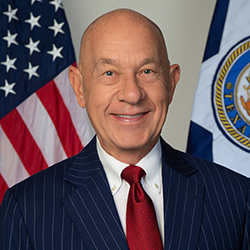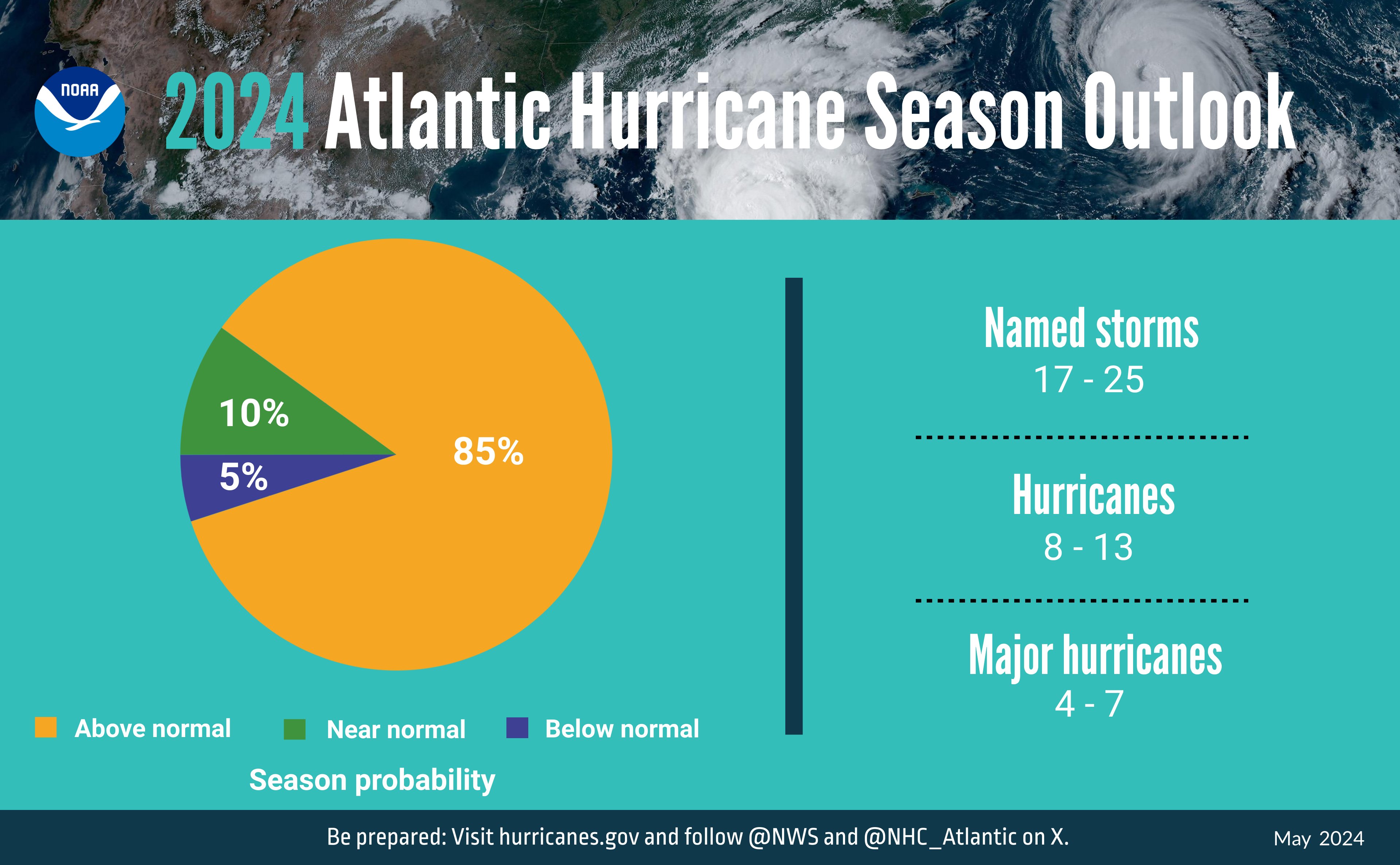Just a reminder, Galveston is going to be mostly under water in the not too distant future.
Galveston artist Jessica Antonelli’s painting “Martini 2100” imagines what the city might look like after climate change transforms it into “The Venice of the South.” (Jessica Antonelli/Culture Clash)
In a city that once built a 17-foot seawall to keep Mother Nature in check, Galveston is slowly but steadily bracing itself against the inconvenient truth of climate change and the rising seas that result. But the clock keeps ticking, and time can be cruel.
Last week the Washington Post released the results of its analysis of tide-gauge and satellite data measuring sea levels since 2010, which found that the Gulf of Mexico’s have risen twice as fast as the global average. Apart from the North Sea off Great Britain, “few other places on the planet have seen similar rates of increase,” the article reported.
And of all the locations recorded in the study, Galveston had by far the biggest increase. Its 8.4 inches easily outpaced other locations along the Gulf and Atlantic coasts, including Charleston, S.C. (7.1 inches); Wilmington, N.C. (7 inches); and Jacksonville and Miami, Fla. (both 6 inches). The Post’s data jibes with a NASA study last year that found sea levels on the island could rise as much as 18 inches by 2040, according to the Galveston County Daily News; and see more than 200 days of flooding per year a decade after that.
The rate of sea-level rise since 2010, according to the Post, is almost double that of the preceding 40 years. And yet the strategies many local officials are counting on to mitigate the effects of cataclysmic weather events are almost diametrically opposed to researchers’ ‘death by a thousand cuts’ theory as laid out in the article.
“While much planning and money have gone toward blunting the impact of catastrophic hurricanes,” the Post authors reported, “experts say it is the accumulation of myriad smaller-scale impacts from rising water levels that is the newer, more insidious challenge—and the one that ultimately will become the most difficult to cope with.”
See here for more on that NASA study. Just for a bit of context here, we are farther away in time from the invention of the iPhone than we are from 2040 and those up-to-18-inches of sea level rise in Galveston. Galveston is taking some steps to hopefully mitigate against that, but the concern is that it’s not enough, and what it would take to perhaps be enough far outstrips the island’s capacity to pay. Both our state and federal government could do more to assist in this matter, but neither our state government nor the idiot who represents Galveston in Congress are likely to do a damn thing at this time. So maybe that “Venice of the South” thing, as envisioned by local magazine Culture Clash and island artist Jessica Antonelli, is what we should be hoping for. At this rate, it seems more achievable.





















